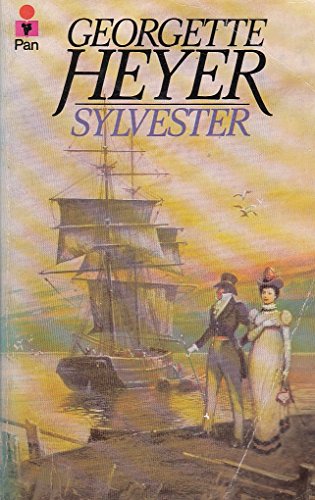

The story is told in the male-gendered voice of Jim Burden (a decision, by the way, that Cather found herself having to defend). That is to say, she was innovative in her approach to her work, but novels such as My Antonia were written in such a deceptively plain prose style that their robust, formal originality, their delicious complexities can easily be missed. Great fun for kids, psychologically captivating for grownups.Ĭather is our quietest Modernist. In this regard, it's not unlike a wildly different book, Alice in Wonderland. What's interesting about My Antonia is how it manages to function as a perfectly inviting story for young readers, and how an adult willing to revisit it with a more developed critical eye can appreciate it for the subtly sophisticated narrative it truly is. And scenes such as the one where Jim heroically - at least to Antonia - bashes the head of a rattlesnake with his spade remain with us, so startling were they when we first read them.

We still despise the evil money-lender Wick Cutter. We feel enduring fondness for Lena, the dressmaker. We recall characters like the Russian friends, Pavel and Peter, with haunted clarity.

We remember Jim Burden, who recounts Antonia's adventures as well as those of his own rural childhood with affection. We feel comfortable leaving it safely, fondly stored in our memory banks, rickety as they may be, where it remains a humane story about a courageous Bohemian immigrant girl forced by fate and family exigencies to grow up on the beautiful, harsh flatlands of Nebraska. In particular, her best-known work, My Antonia, a novel we often first encounter as young adult literature, is a book many of us actually enjoyed in our youth. Willa Cather, one of the truly great American writers of the 20th century, suffers, as I see it, from a somewhat different kind of expulsion from the lives of many adults, even those who go on to become serious readers. How easy it is to litter our youthful path with a slew of misunderstood masters! With a mental flick of the wrist, we dismiss as drudges, romantics and windbags writers we may later come to realize are crucial to us. How many of us have been assigned a book to read for a high school English class by a well-intentioned teacher and come away from the experience thinking, with all the conviction of heady youth, "Thank God I'll never have to read that again"?


 0 kommentar(er)
0 kommentar(er)
